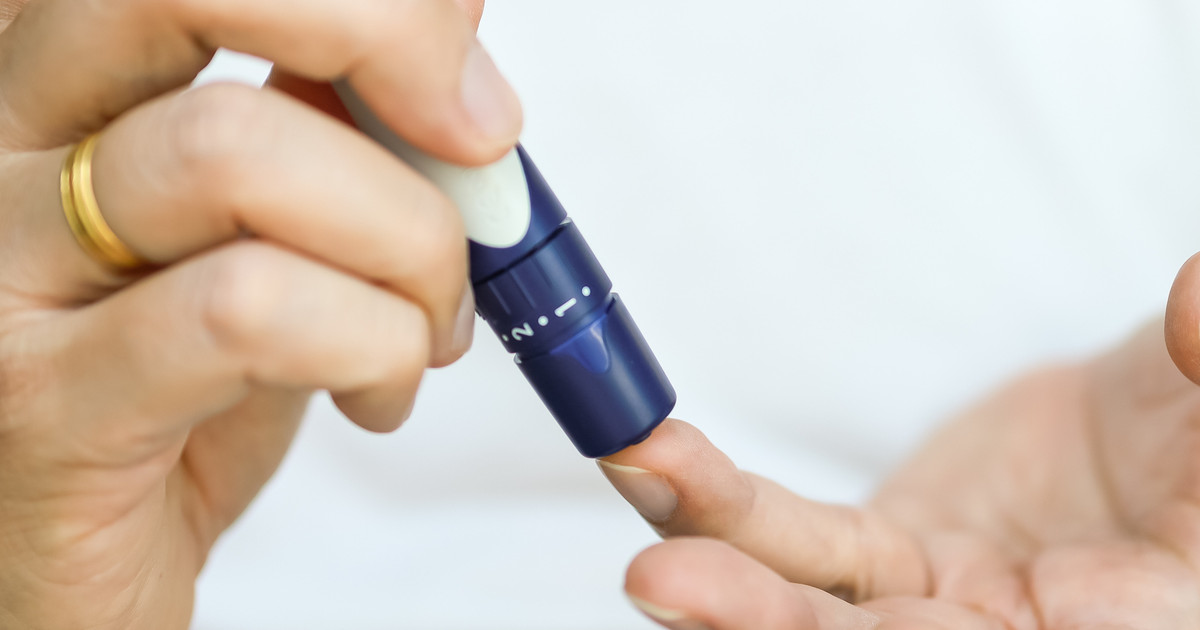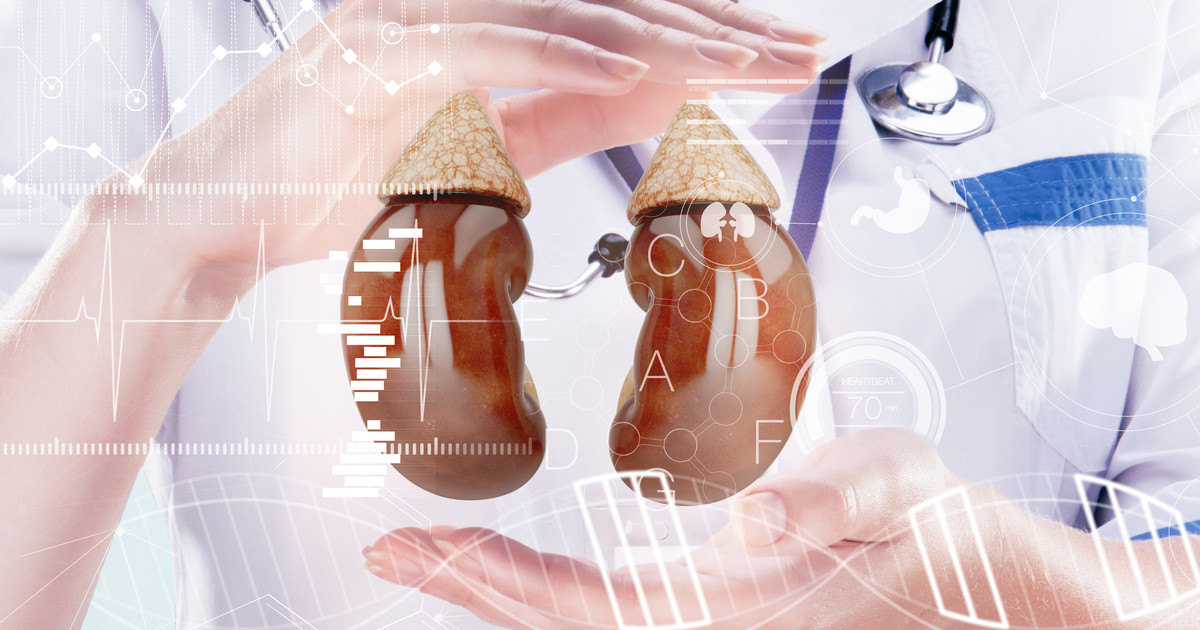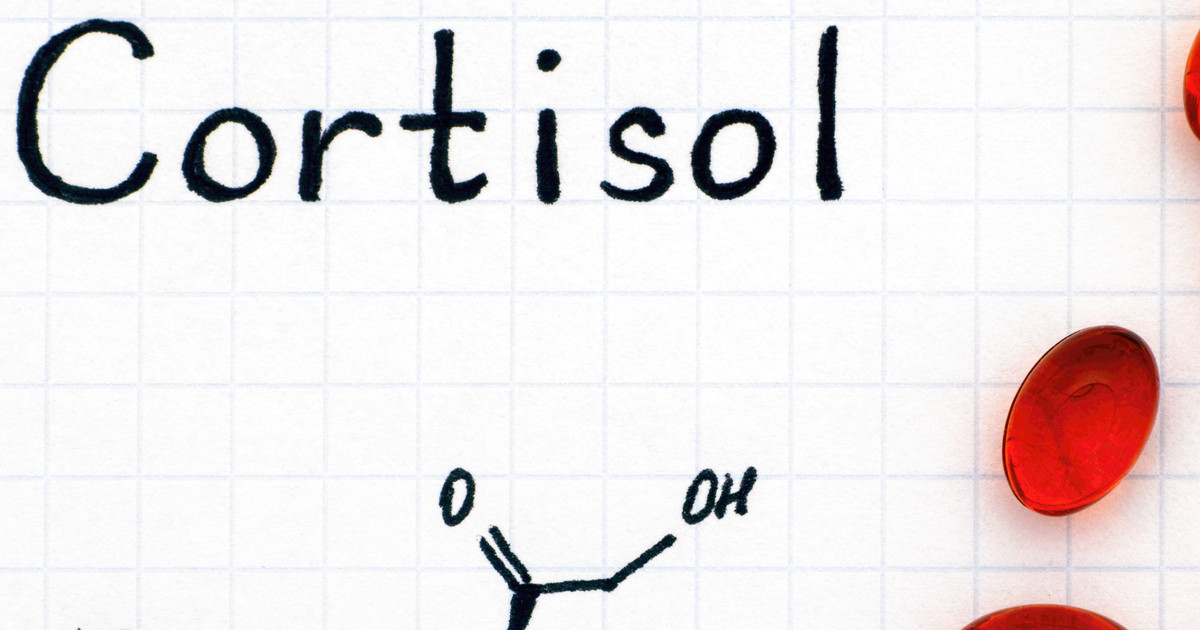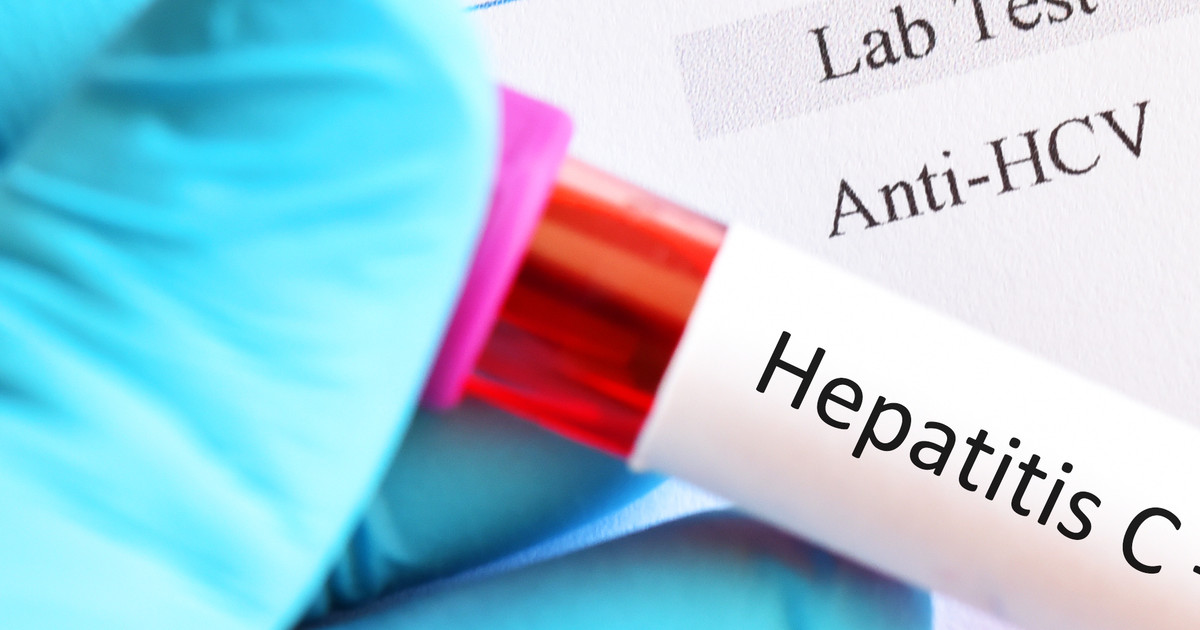What Can Cause Hypoglycemia?
Individuals should get glucose (sugar) from the food that they consume. It helps the cells produce energy. However, sometimes individuals will have issues with this. Hypoglycemia means than an individual's blood sugar is lower than what is considered normal. Individuals may deal with pale skin, hunger, sweating, blurry vision, and fatigue. Seizures, numbness, shakiness, and confusion are also possible. Sometimes, the cause is not initially apparent. If this is the case, patients may be able to get a diagnosis through a monitored fast in the hospital.
Thankfully, it appears as if treatment for hypoglycemia is possible. Insulin injections and other diabetes meds may be a part of the treatment for diabetes patients. Other medications may need to be altered to treat this condition. If individuals are interested in natural remedies for hypoglycemia may be able to benefit from eating fast-acting carbohydrates. Severe cases may need intravenous glucose.
Diabetes
The pancreas needs to produce insulin. It is supposed to help the liver absorb glucose, which should make sure the cells create energy. Unfortunately, some diabetes patients cannot produce insulin. However, others may produce insulin, but not be able to use it correctly. This may result in blood sugar issues like hypoglycemia. Patients usually receive insulin replacement as part of their treatment. Some may need to take several doses of insulin each day to treat their condition.
This may not be not a complete cure, however, as carbohydrates are still a concern. Individuals need to eat enough carbohydrates daily if they are also receiving daily insulin. It needs to have a chance of working correctly. Otherwise, their blood sugar may drop dangerously low.
Keep reading to learn about more causes of abnormally low blood sugar now.

Medications
Insulin is not the only medication that may result in hypoglycemia. Other potential causes include Aspirin and similar pills, as these can increase the body's secretion of insulin. This increases the risk of lower blood sugar. However, individuals may need moderate to high doses to encounter this effect.
Another medication that may result in this condition is quinine. This is often considered a drug for malaria, although some individuals may receive it to treat other infections or leg cramps at night. This drug makes beta cells in the pancreas create more insulin. Certain antibiotics also put individuals at a higher risk of this condition thanks to an increased release of insulin.
Learn more about the different causes of hypoglycemia now.

Kidney Conditions
Some kidney conditions can result in hypoglycemia, as they may trigger reduced kidney function. As some patients know, these organs are supposed to filter the blood of toxins, waste, and excess fluid. This is all intended to leave the body through urine. The kidneys seem to impact blood sugar in several ways. One such example is when they filter glucose from the blood if an individual's blood sugar is climbing too high. When it is normal, however, they should keep the urine free of glucose. If a kidney condition compromises the kidneys' function, they may not reabsorb glucose into the bloodstream. Thus, there may not be enough for individuals to use.
Uncover more details on what may cause this condition now.

Hormone Deficiencies
Sometimes, individuals will not have the hormones they need for their body to function the way it should. In some cases, this may result in hypoglycemia. This can happen if the hormones that they are deficient in are vital to maintaining blood sugar.
These hormones, such as growth hormone, are what help command the liver to release glucose back into the blood when it is needed. If this does not happen, individuals are facing abnormally low blood sugar. Cortisol, the stress hormone, also influences blood sugar regulation. If an individual does not produce enough, they can deal with the same effect.
Reveal more potential causes of this condition now.

Hepatitis
Some individuals may deal with this condition due to hepatitis. This is a disease involving an inflamed liver, which reduces its function. Hepatitis may be the result of an immune system attack, drinking excessive amounts of alcohol, or one of five virus strains.
Usually, glucose that the body does not need is stored in the liver. This organ should then compensate for falls in glucose when the body releases insulin. In other words, it should use the stores it has built. A damaged liver, however, may not be able to store glucose properly. The result of this can be the inability to access it when needed. There may also not be enough glucose when it is necessary. Both effects may make an individual's blood sugar drop to a dangerously low level.
